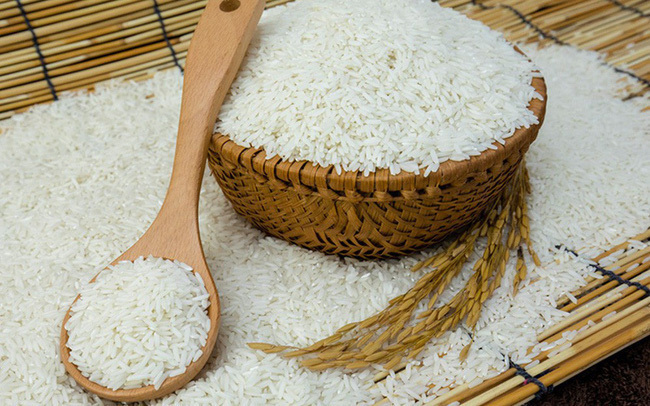Export price peaks, Vietnam’s rice advances towards the EU - VietNamNet
by VietNamNet News, https://www.facebook.com/vietnamnet.vnThe rice price in the world market, which is at a nine-year high, helped Vietnam earn $2.2 billion from rice exports in the first eight months of the year.
Vietnam’s fragrant rice was able to take full advantage of the tariff exemption in the EU market.
The rice exports have been breaking records this year, despite the Covid-19 pandemic. With the sharp rice export turnover increase, Vietnam has become the second largest rice exporter in the world.

The Ministry of Agricuture and Rural Development (MARD) reported that while the export volume in the first eight months of the year decreased by 1.7 percent to 4.5 million tons, export turnover still increased by 10.4 percent compared with the same period last year, bringing revenue of $2.2 billion.
The Philippines was the top client for Vietnam’s rice in the first seven months of the year with 35.3 percent of market share. It imported 1.5 million tons of rice worth $688 million, up by 2.7 percent in quantity and 17.3 percent in value.
The exports to other markets also increased sharply. Exports to Indonesia, for example, were up by three times, to China by 84 percent. Particularly, exports to Senegal soared by 19.8 times.
Regarding the average export price, it saw a 12.5 percent year-over-year increase in the first seven months to $487.2 per ton. Vietnam’s 5 percent broken rice increased from $470 per ton to $480-490 per ton, the highest level since late 2011.
Thailand’s rice price continued to increase slightly. However, the demand for Thai rice was low because of the uncompetitive price. Analysts therefore believe that Vietnam has the opportunity to boost exports.
Asked about rice exports to the EU after EVFTA took effect, director of the Department of Crop Production Nguyen Nhu Cuong said Vietnam has been preparing to export rice to the EU for a long time. To date, the procedures on fragrant rice variety recognition for export to the EU have been set.
According to Cuong, the fragrant rice cultivation area in Mekong Delta provinces accounts for 25 percent of the total cultivation area, about 1 million hectares, and the fragrant rice output is estimated at 3.5 million tons.
Under EVFTA, Vietnam can export up to 30,000 tons of fragrant rice to the EU every year at a preferential tariff, which is equal to 1.2 percent of fragrant rice output in Mekong Delta, which means great potential for fragrant rice exports.
If Vietnam can strictly observe the rules set by the EU and export 30,000 tons of fragrant rice in particular and 80,000 tons of rice in general under the quotas at high prices, this will help heighten the efficiency of Vietnam’s rice production and strengthen the Vietnamese rice brand in the choosy market.
This will also help in negotiations for expanding the quotas for fragrant rice exports to the EU in the future.
Tam An